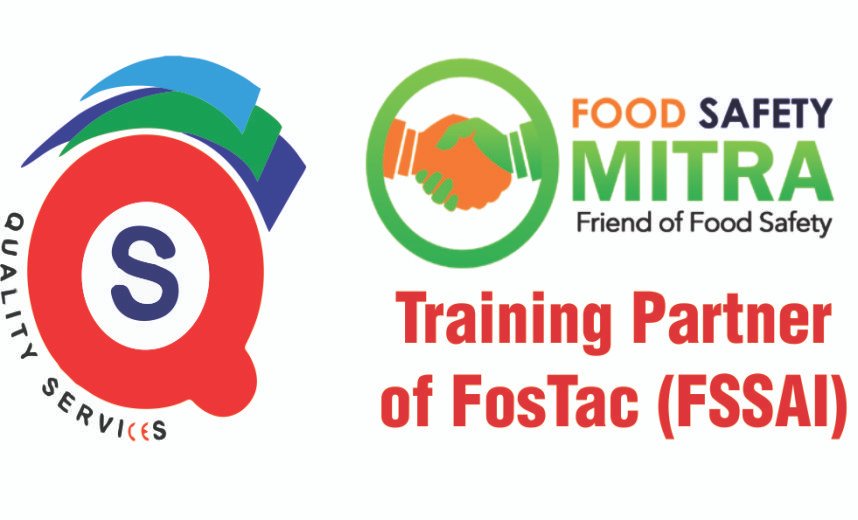Understanding FOSTAC: Is it Mandatory for Every FBO?
Introduction:

Food safety is a paramount concern globally, and ensuring the safety and quality of food products is a shared responsibility among various stakeholders in the food supply chain. One crucial aspect of this responsibility involves Food Safety Training and Certification (FOSTAC), a program implemented by the Food Safety and Standards Authority of India (FSSAI). In this blog, we’ll explore the significance of FOSTAC and whether it is mandatory for every Food Business Operator (FBO).
Who is an FBO?
A Food Business Operator (FBO) is any person or entity involved in the production, processing, repacking, relabeling, storage, distribution, and sale of food products. This broad category encompasses everyone from farmers and manufacturers to distributors, retailers, and even caterers. FBOs play a crucial role in ensuring that the food reaching consumers is safe, hygienic, and compliant with regulatory standards.
FOSTAC Overview:
FOSTAC, or the Food Safety Training and Certification program, was launched by the FSSAI to enhance food safety knowledge and practices across the food industry. The program aims to train and certify individuals involved in various aspects of the food supply chain to ensure that they adhere to the best food safety practices.
Is FOSTAC Mandatory for Every FBO?
As of my last knowledge update in January 2022, FOSTAC is not mandatory for every Food Business Operator. The FSSAI has categorized FBOs into different classes based on their size, scale, and nature of operations. The requirement for FOSTAC training and certification varies depending on the category to which an FBO belongs.
Categories of FBOs:
Basic FBOs:
- Street food vendors, small eateries, and temporary food stalls.
- FOSTAC training may not be mandatory for Basic FBOs, but they are encouraged to follow basic hygiene and safety practices.
State or Central Licensed FBOs:
- Those FBOs are involved in manufacturing, processing, storage, and distribution of food products.
- FOSTAC training is often mandatory for at least one person in these establishments.
Importers:
- FBOs involved in importing food products into the country.
- FOSTAC training is usually mandatory for at least one responsible person in these businesses.
It’s crucial for FBOs to check the latest regulations and guidelines from the FSSAI to determine whether FOSTAC training is mandatory for their specific category and operations.
Benefits of FOSTAC:
Enhanced Food Safety Knowledge:
FOSTAC equips individuals with comprehensive knowledge about food safety, hygiene, and best practices.
Regulatory Compliance:
FOSTAC certification ensures that FBOs comply with regulatory requirements, reducing the risk of legal issues and penalties.
Consumer Trust:
Certified FBOs build consumer trust by demonstrating their commitment to providing safe and high-quality food products.
Conclusion:
While FOSTAC is not mandatory for every Food Business Operator, it is a valuable initiative to improve food safety standards across the industry. FBOs should stay informed about the latest regulations and consider participating in FOSTAC training to enhance their food safety practices and contribute to a safer food supply chain.
